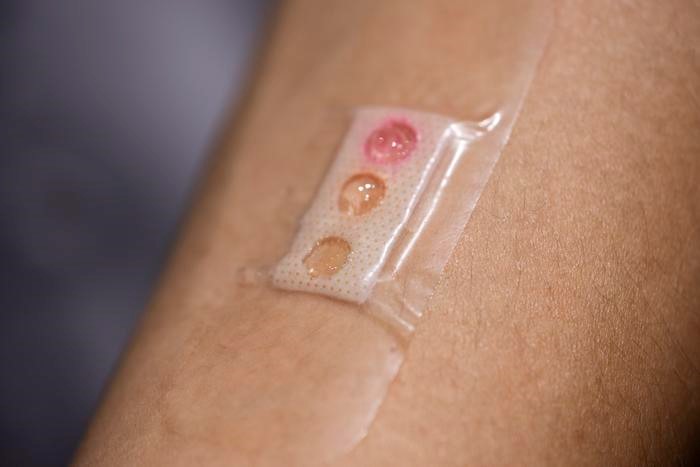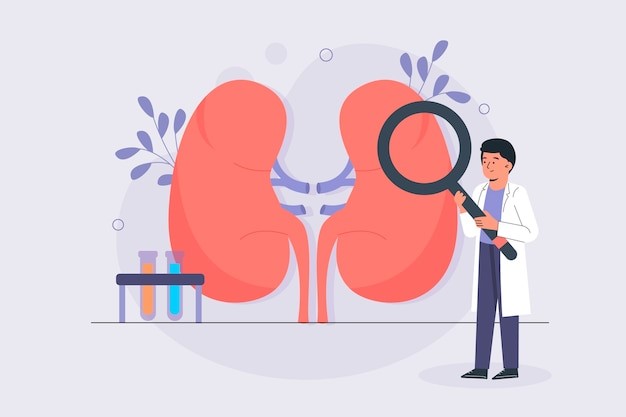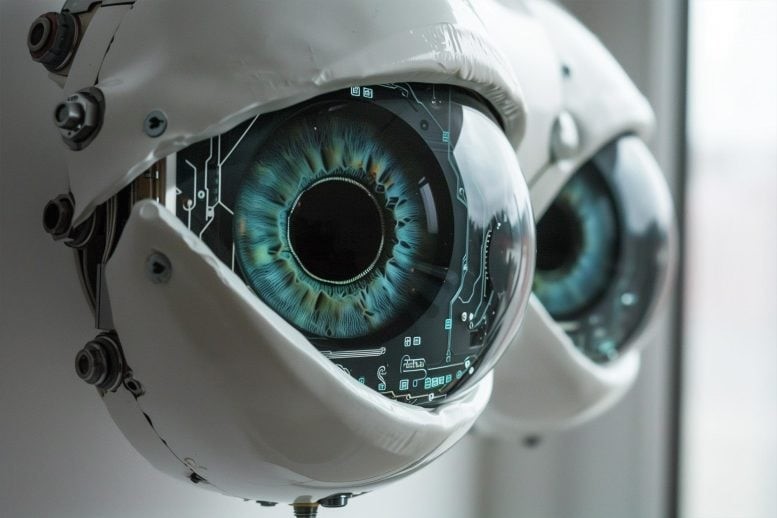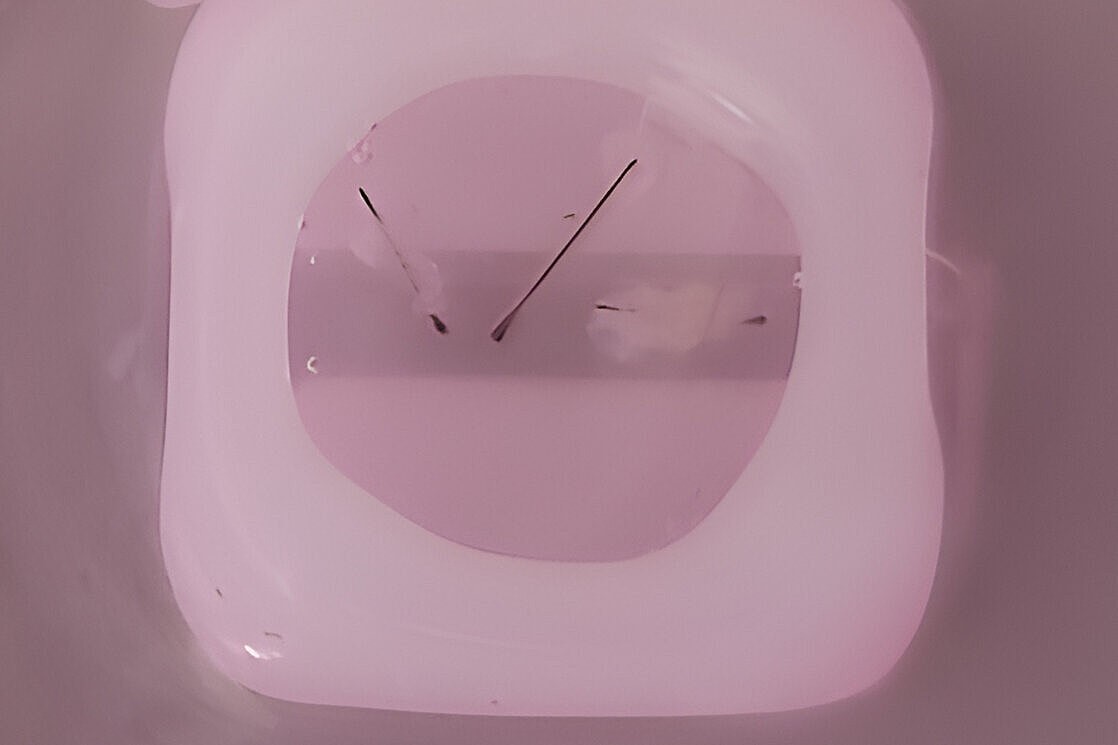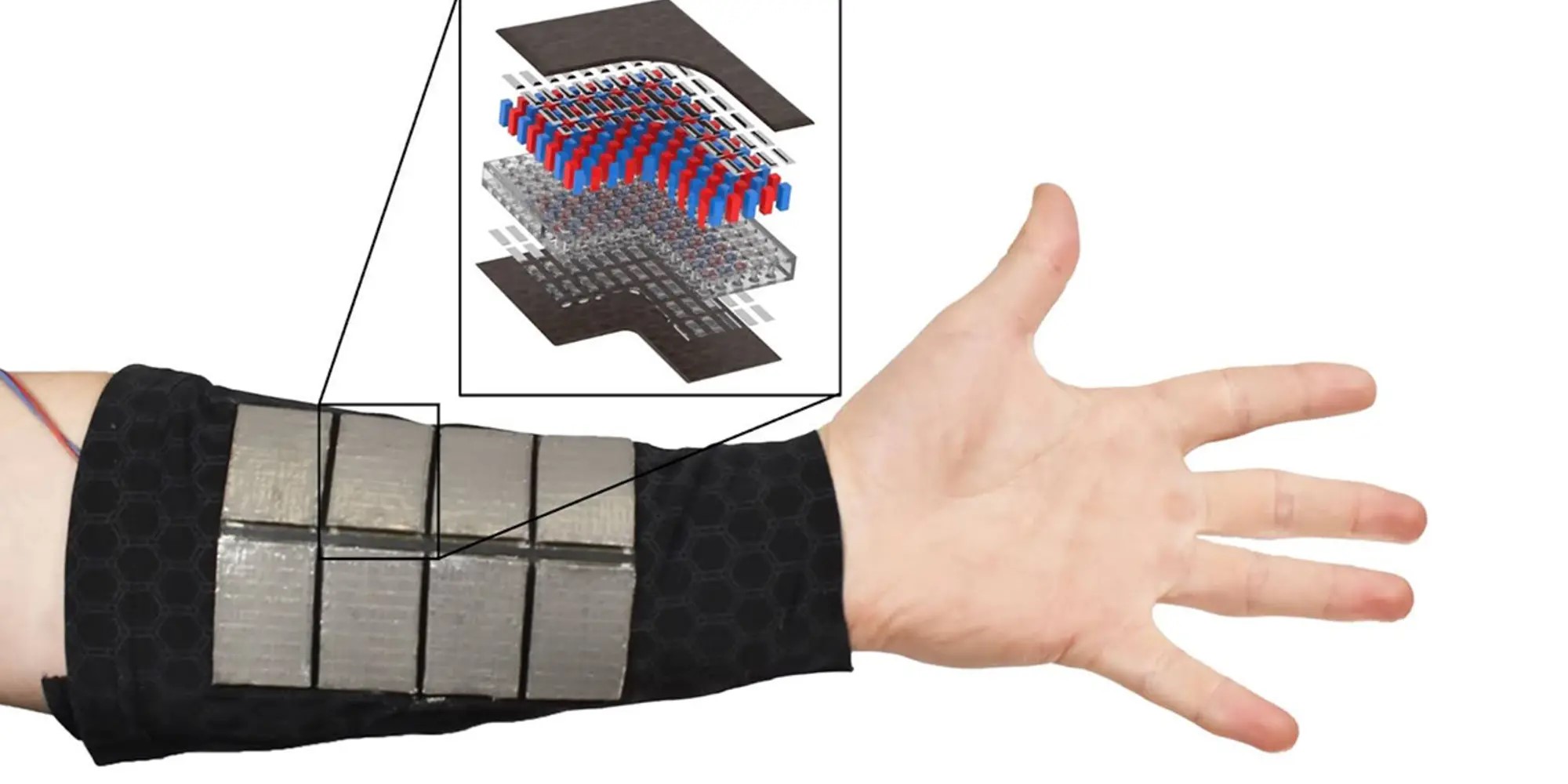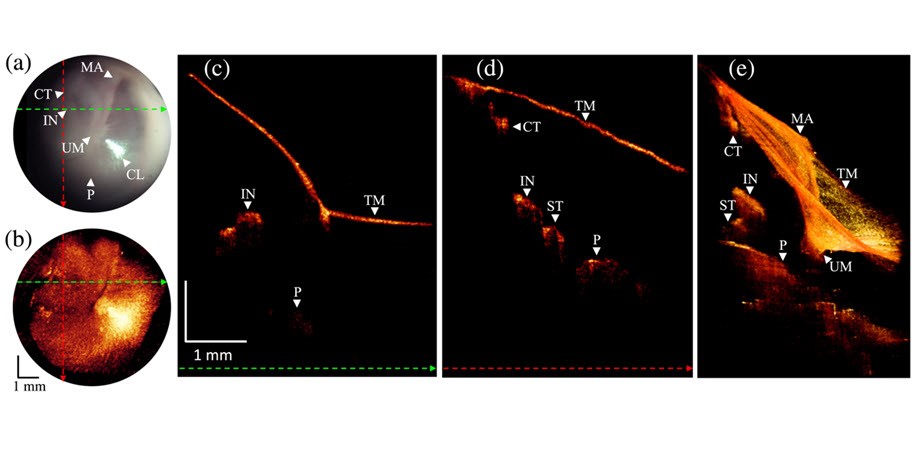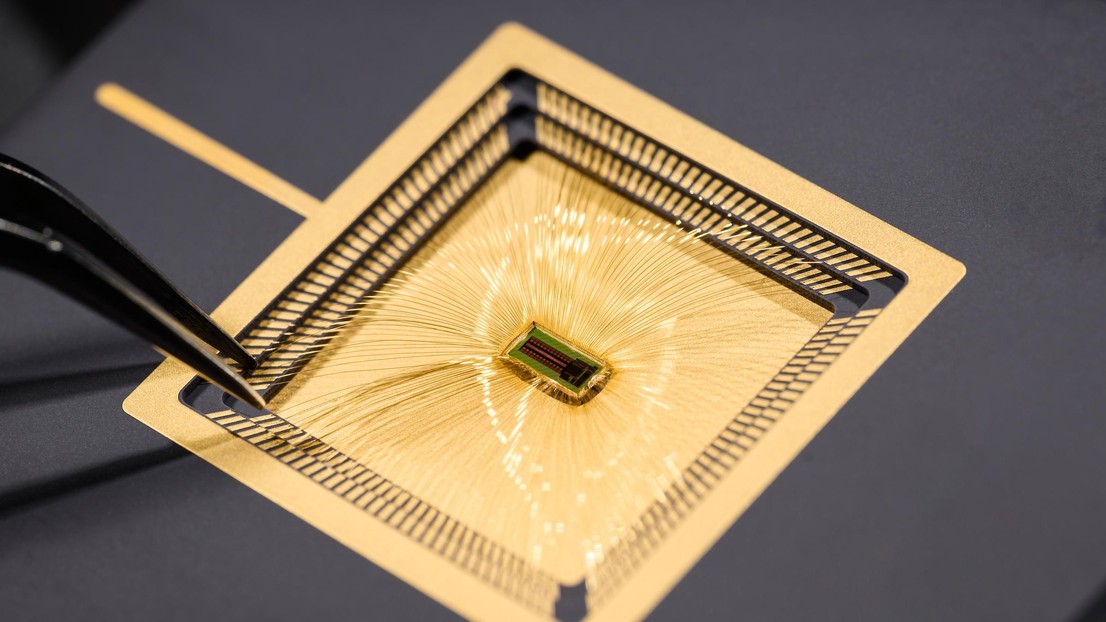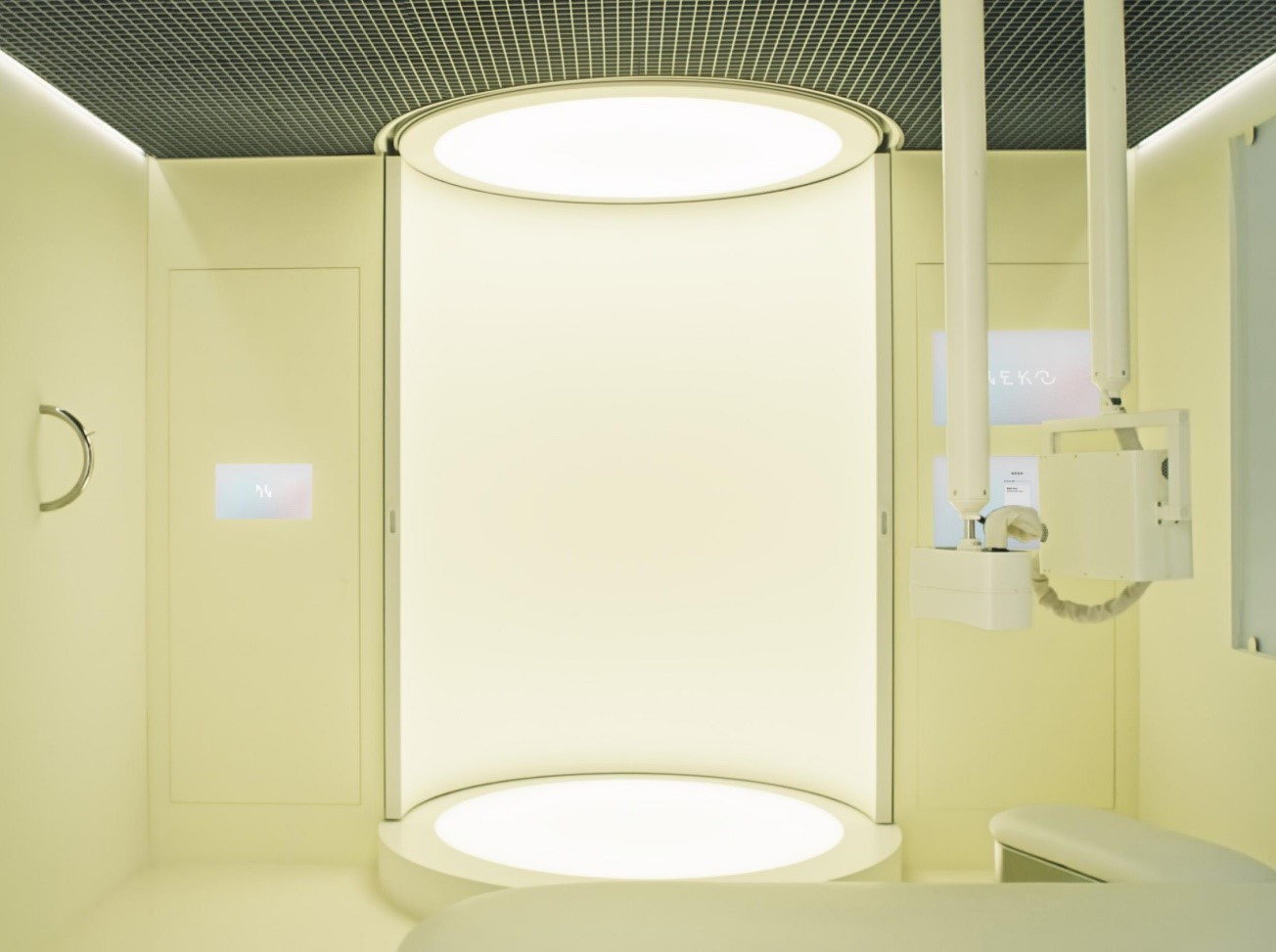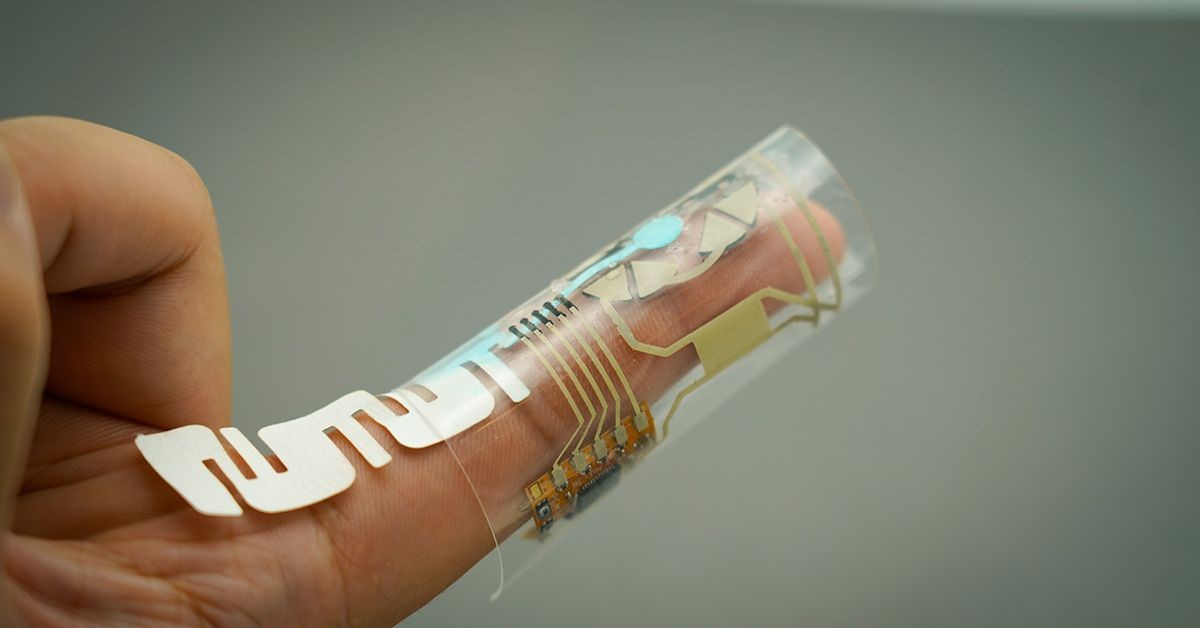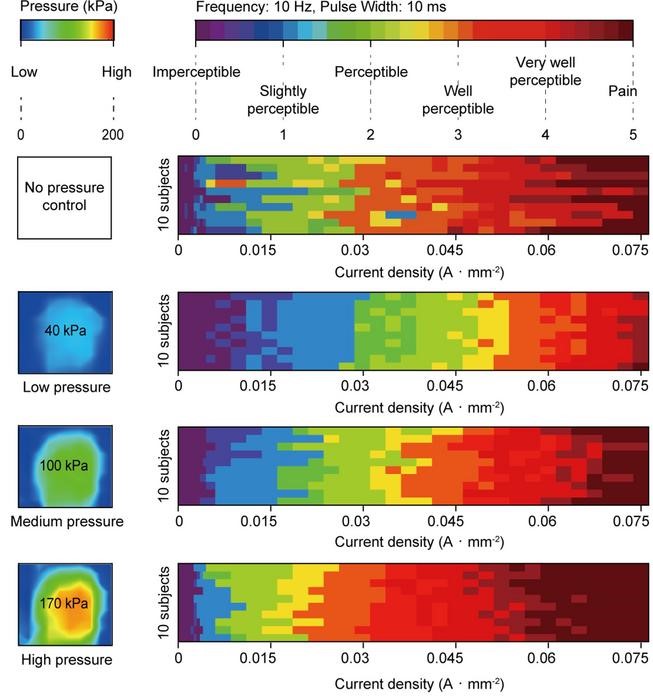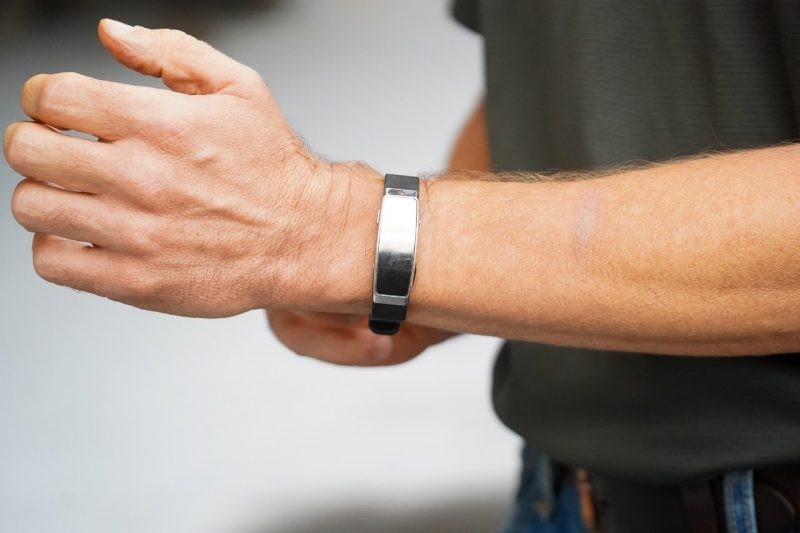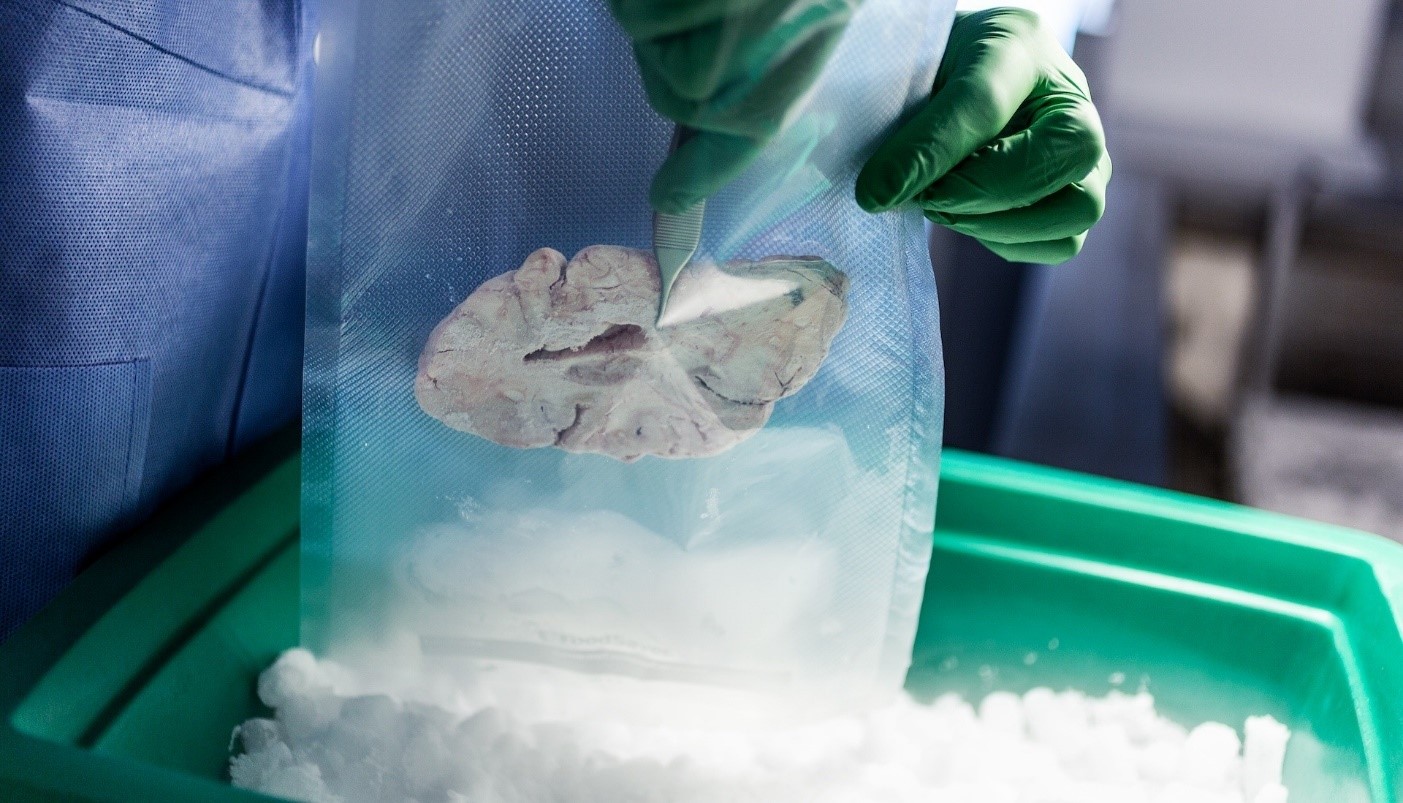Chiba University’s Novel Foldable Pouch Actuator Enhances Hand Function Recovery
Soft rehabilitation gloves are increasingly used to help patients with hand function-related disabilities recover their finger movement. Traditionally, these gloves use soft pneumatic actuators that rely on air pressure to create movement. Despite advances in design, many of these actuators struggle to provide bidirectional motion, which is crucial for mimicking natural finger joints. They often excel at facilitating finger bending (flexion) but fall short in enabling finger straightening (extension).
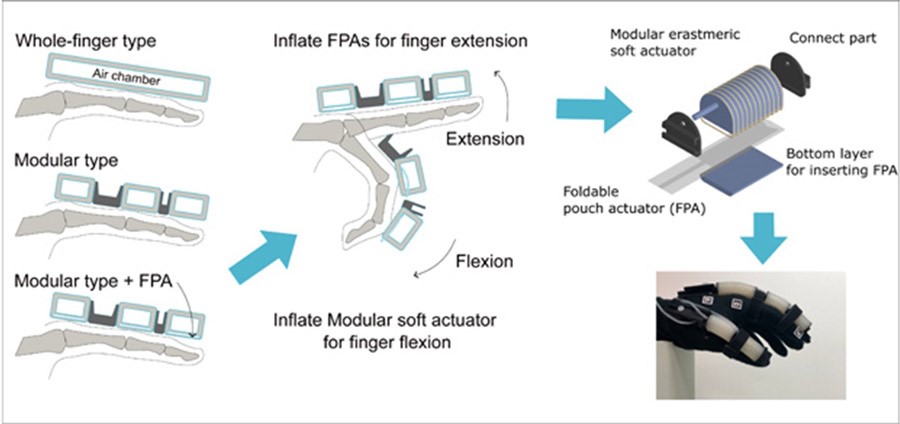
Figure 1. The Proposed Method. (Credit: Professor Wenwei Yu from Chiba University, Japan)
Figure 1 shows the proposed method. However, researchers from Chiba University have made significant strides in overcoming this limitation. Led by Professor Wenwei Yu from the Center for Frontier Medical Engineering, Chiba University, the team also included Dr. Shota Kokubu and Mr. Pablo E. Tortós Vinocour from the Graduate School of Science and Engineering. Their breakthrough was recently published in IEEE Access on April 30, 2024 [1].
Professor Yu explained the motivation behind their study: "Despite having partial hand function, many older people with hand function-related disabilities whom I've come across require the full attention of the healthcare staff. I wondered if an efficient and safe assistive device could bolster their hand function for daily activities, thus helping them enjoy their life better. Imagine their joy in eating their meals using their hands to manipulate spoons or chopsticks!" The newly developed Foldable Pouch Actuator (FPA) brings this vision closer to reality.
The FPA is a groundbreaking innovation in soft actuators. It features a unique foldable, flat structure that expands when pressurized, generating the necessary force for finger extension. This design allows it to work seamlessly with existing soft actuators in rehabilitation gloves, which handle finger flexion through fiber-reinforced elastomer-based mechanisms. Testing on a synthetic finger model demonstrated that the FPA could deliver sufficient torque for both bending and straightening movements—0.17 Newton meters (Nm) for bending and approximately 0.12 Nm for straightening.
The implications of this advanced soft rehabilitation glove design are substantial. Professor Yu points out potential applications: "High-performance modular soft actuators could help hand function restoration in both telerehabilitation and care facility scenarios." He adds, "The new soft actuator has the potential to be used not only for helping rehabilitation but also for assisting daily living activity as assistive devices. Due to its inherent safety, high functionality, and wearability, such assistive devices may play a major role in our aging society." [2]
Looking ahead, Professor Yu suggests that future designs for soft rehabilitation gloves could benefit from improvements in manufacturing precision and control systems to support joint-specific rehabilitation.
In summary, Professor Yu and his team have provided new hope for individuals with hand function-related disabilities worldwide, thanks to the innovative FPA and its integration into enhanced soft rehabilitation gloves.
Source: Chiba University
References:
- https://www.eurekalert.org/news-releases/1051770
- https://www.miragenews.com/foldable-pouch-boosts-finger-extension-in-rehab-1280243/
Cite this article:
Hana M (2024), Chiba University’s Novel Foldable Pouch Actuator Enhances Hand Function Recovery, AnaTechMaz, pp. 272


